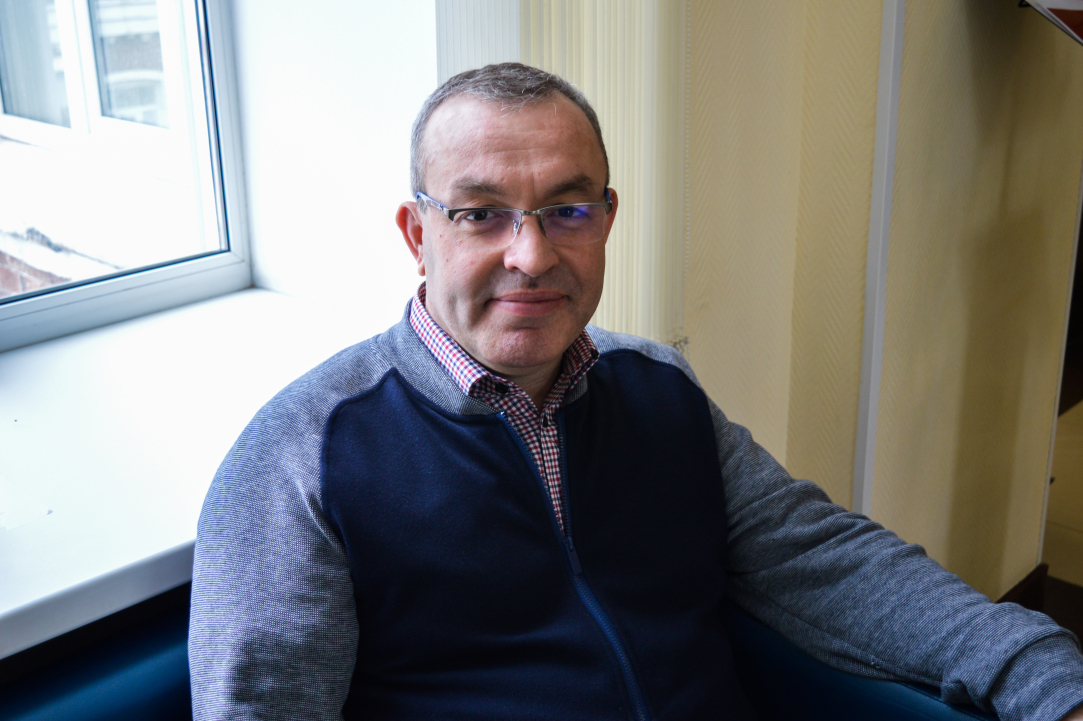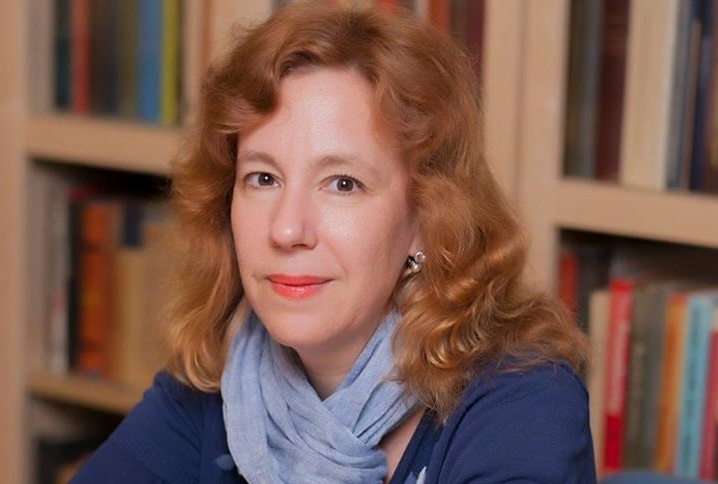
Joint Department with Deloitte Opens at HSE
With the Joint Department with Deloitte, the HSE School of Finance now has joint departments with all of the Big Four audit and consulting firms.

How Corporate Values Affect Bank Profits
According to international studies, values can impact corporate performance and the bottom line either directly or indirectly. In the paper 'Corporate Values and Profits of Commercial Banks: Correlation with Profits', Elena Prosvirkina and Nikolai Prosvirkin have examined the corporate values commonly declared by Russian banks and found that the widely held values of customer focus and efficiency can bring competitive advantage, but do not impact financial performance directly.

‘People Who Are Good with Numbers Need to Develop Emotional Intelligence’
How can financial managers help design products and services? What bearing may a CEO’s death have on investment decisions? Why is our perception of time and place changing? Professor Jean-Malik Dumas from Tilburg University discusses these and other issues in an interview with HSE News Service. He has recently visited HSE Faculty of Economic Sciences under Erasmus Plus programme to teach an elective course in Finance for Master’s students of Strategic Corporate Finance programme.

Bloomberg Hub Opens at HSE School of Finance
From June 2017 a Bloomberg hub offering unlimited data access will be available at the HSE building at 26 Shabolovka. The Bloomberg database comprises extensive, constantly updated data on global and national capital markets, transactions involving financial assets, derivatives, as well as market liquidity options, trading applications and news flow.
Russia’s Only CFA Program Partner Attracts Diverse Group of Students
The HSE Banking Institute welcomes international students from around the world who have expressed growing interest in our Financial Analyst Master’s programme, which is conducted entirely in English and is the only such programme in Russia and the CIS to be recognized by the CFA Institute as a Program Partner. The Banking Institute provides both exchange and Master’s students the opportunity to study best global practice in the areas of investment and financial analysis from a truly global perspective.
.jpg)
One’s Ability to Make Money Develops Before Birth
Researchers from the Higher School of Economics have shown how the level of perinatal testosterone, the sex hormone, impacts a person’s earnings in life. Prior research confirms that many skills and successes are linked to the widely known 2D:4D ratio, also knows as the digit ratio. This is the ratio of the index and ring fingers, and it is considered a reflection of the level of perinatal testosterone, the male hormone of the mother that acts on the development of the offspring during pregnancy.

Financial Minds at HSE St. Petersburg
In 2016, HSE – St. Petersburg’s master's programme in Finance was included among a prestigious consortium of European universities on the International Masters in Economy, State, and Society (IMESS) project, thus opening new avenues for cooperation between HSE and well-known universities across Europe. Professor Elena Rogova, Dean of HSE St.Petersburg School of Economics and Management and Academic Supervisor of the programme, has talked to HSE News Service about its distinguishing features and the benefits it offers.
-%D1%82%D0%B5%D1%81%D1%82%D0%BE%D1%81%D1%82%D0%B5%D1%80%D0%BE%D0%BD%20%D0%B8%20%D0%BA%D1%80%D0%B5%D0%B4%D0%B8%D1%82%D0%BE%D0%B2%D0%B0%D0%BD%D0%B8%D0%B5-%D0%BF%D1%80%D0%BE%D0%B1%D0%B8%D1%80%D0%BA%D0%B0.jpg)
Hormone Levels Influence Demand for Financial Services
The integration of economics and biology is an emerging trend in 21st century science. A number of studies were published in the early 2000s exploring the effects of psycho-physiological variables, such as hormone levels, on individual performance in various fields. Several papers have associated the ratio of second digit (index finger) to fourth digit (ring finger) length (2D:4D ratio) with exposure to prenatal testosterone, the male hormone produced by the maternal body and influencing the foetal development.
No Easy Money for Russian Schoolchildren
Normally, parents help shape their children's attitudes towards money. In their study "Adults' Perceptions of Pocket Money and Cash Rewards as Tools of Children's Economic Socialization," Alina Pishnyak and Natalia Khalina compare parental attitudes towards pocket money in the U.K., Germany, and Moscow, Russia. Their findings concerning Moscow are based on data from the Moscow and Muscovitessurvey of 3,109 adult respondents, of whom 75% were parents, conducted by the Institute of Humanitarian Megacity Development in 2014. According to the study's authors, most parents begin educating their children about money at the age of six.
‘I Chose HSE Because it Has Outstanding Economics and Finance Programmes’
Hector Cantu, University of Texas alumni, spent a year in Moscow learning Russian language and visiting Strategic Corporate Finance Programme.


Deadline for applications to present academic reports - January 20, 2025